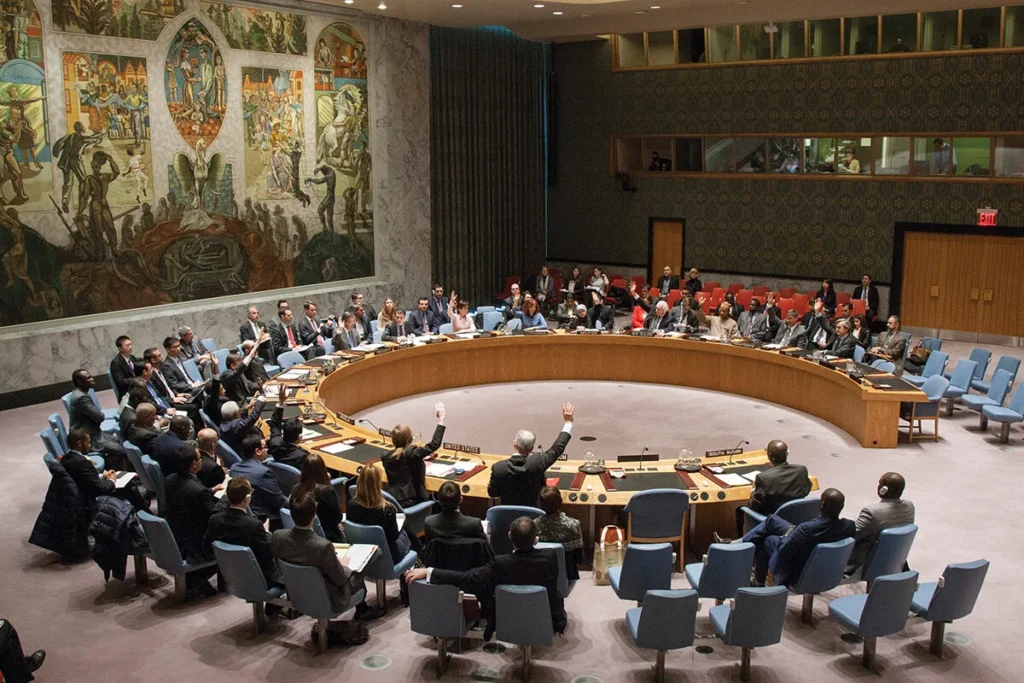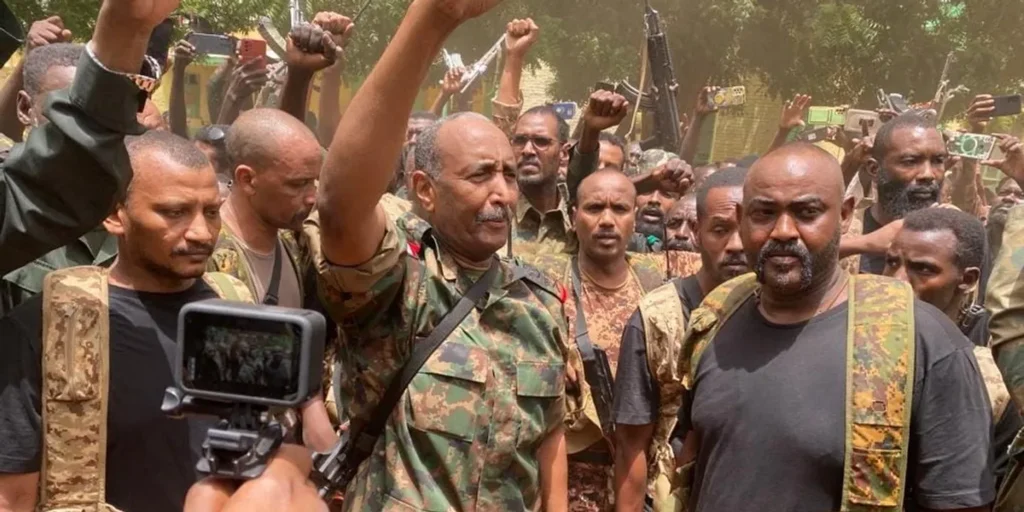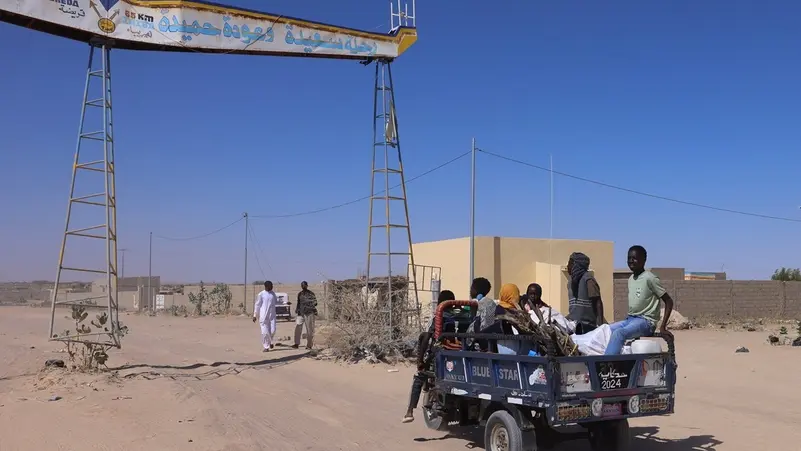
Sudan’s Rapid Support Forces Commander Mohamed Hamdan Dagalo, on a whirlwind diplomacy tour across Africa, visited Kigali Genocide Memorial in Rwanda to pay his respects on Saturday.
Dagalo is on a regional tour with visits to Djibouti, Ethiopia, Uganda, Kenya, South Africa and Rwanda so far, tour’s aim is to bring an end to the Sudanese conflict.
The Rwandan genocide, also recognized as the genocide against the Tutsi, took place between April 7 and July 15, 1994, within the context of the Rwandan Civil War. Over a span of about 100 days, armed Hutu militias targeted members of the Tutsi minority group, alongside some moderate Hutu and Twa individuals, resulting in widespread killings.
While the Constitution of Rwanda officially acknowledges that over 1 million people perished in the genocide, the actual death toll may be lower than this figure. Scholarly estimates generally indicate that between 500,000 to 800,000 Tutsi lost their lives during this period.
Dagalo said the site “Is one of the most important landmarks in human history, as it bears witness to an era of wounds and tragedies that Rwanda experienced during which it lost hundreds of thousands of victims due to racism, hatred, and attempts to monopolize power by force and commandments over the people.”
Dagalo commended the Rwandan people for facing their hardships with bravery and employing ingenious solutions to deal with them.
He also praised the use of Gacaca courts in Rwanda following the 1994 genocide to provide transitional justice and drew attention to the similarities between it and the Judiya system in Sudan.
Judiya is the main mechanism for traditional mediation, reconciliation and justice in Darfur in Sudan, in relation to humanitarian diplomacy.
Dagalo said these “practices established the principles of justice and transitional justice in society, achieved the concept of non-impunity, and changed the course of its history from division to unity, from hatred to love, and from war to peace and sustainable development.”
He called on all Sudanese to “draw lessons from Rwanda,” and that the ongoing war must be the last conflict to plague the nation.
“We must learn from the experiences of others and chart our own course towards a secure future with our own hands,” Dagalo said.
Sudan has since April 15, 2023 been plunged into a civil war pitting army chief General Abdel Fattah al-Burhan against RSF Commander Mohamed Hamdan Dagalo.
The conflict has resulted in a devastating toll, with over 12,190 casualties and the displacement of more than seven million people, according to estimates by the Armed Conflict Location and Event Data Project and UN figures, respectively.
Mediation efforts have faced significant obstacles due to deep-seated animosity between the rival factions. Despite Burhan’s administration continuing to issue statements as Sudan’s government, Dagalo’s Rapid Support Forces assert control over Khartoum’s streets, Darfur, and a substantial part of Al-Jazira, once Sudan’s vital agricultural region.




